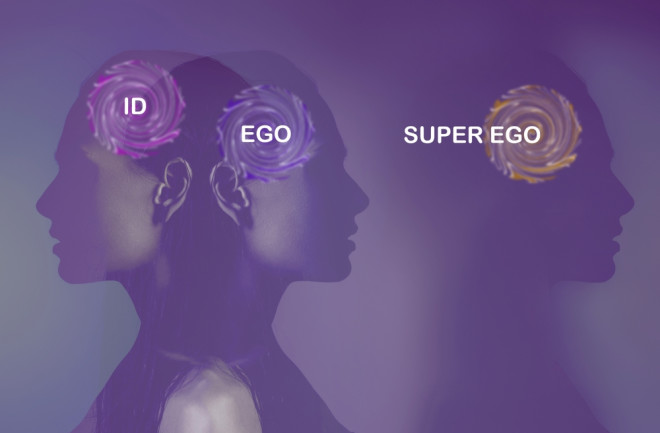There’s an academic exercise in psychology classes that asks students to take Sigmund Freud’s concept of the id, ego, and superego and apply it to characters from The Simpsons. Homer’s impulsiveness typically casts him as the id, Marge’s down-to-earth mentality makes her the ego, and Lisa’s conscientiousness represents the superego.
The activity helps students learn about the history of psychology, and although Freud’s theory directed the discipline for decades, scholars now debate whether modern neurology has made the id, ego, and superego irrelevant.
Freud’s Personality Theory: Three-Part Structure
Freud’s early writings on the superego began in 1895 when he considered the superego as a function of judgment and described it as a type of “watchdog.” In his 1923 work, The Ego and the Id, he introduced a three-part psychic structure that developed during a person’s childhood.

